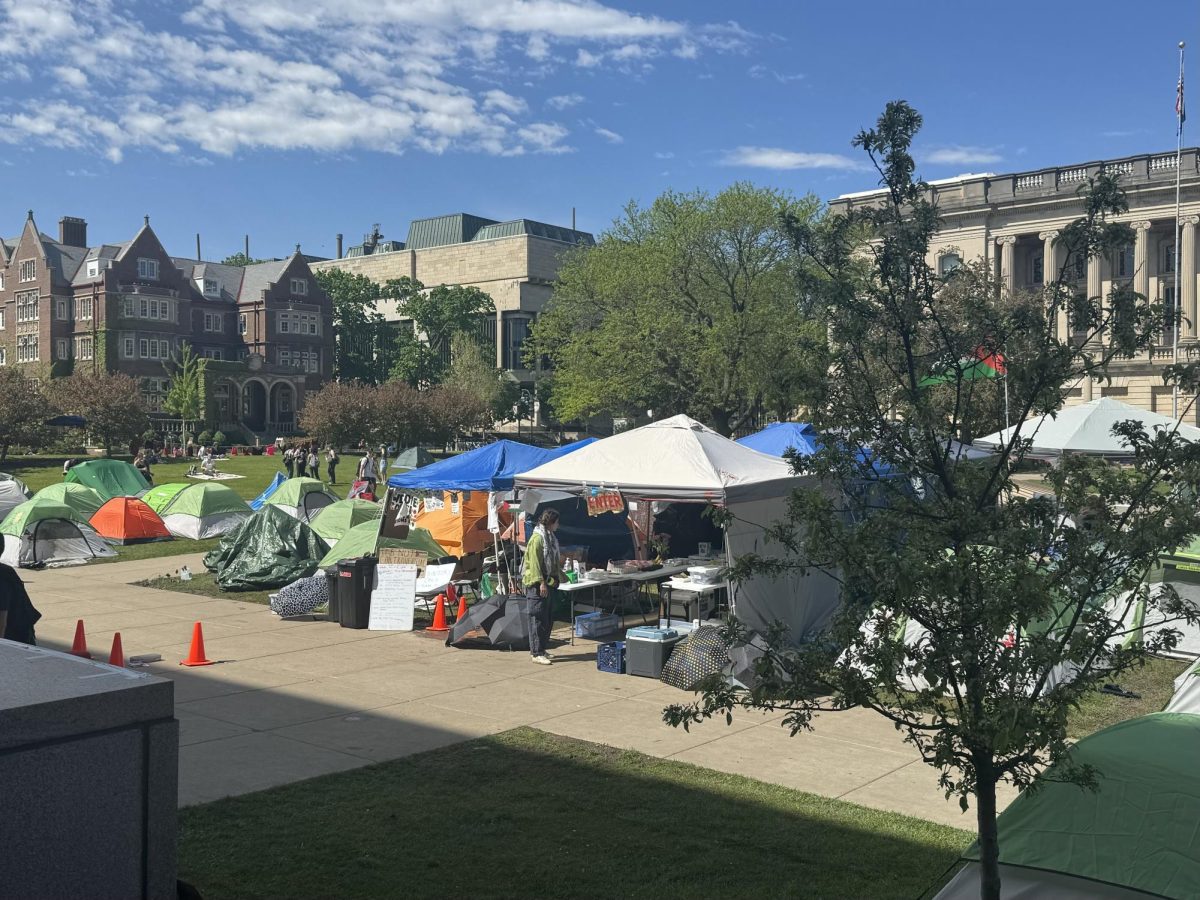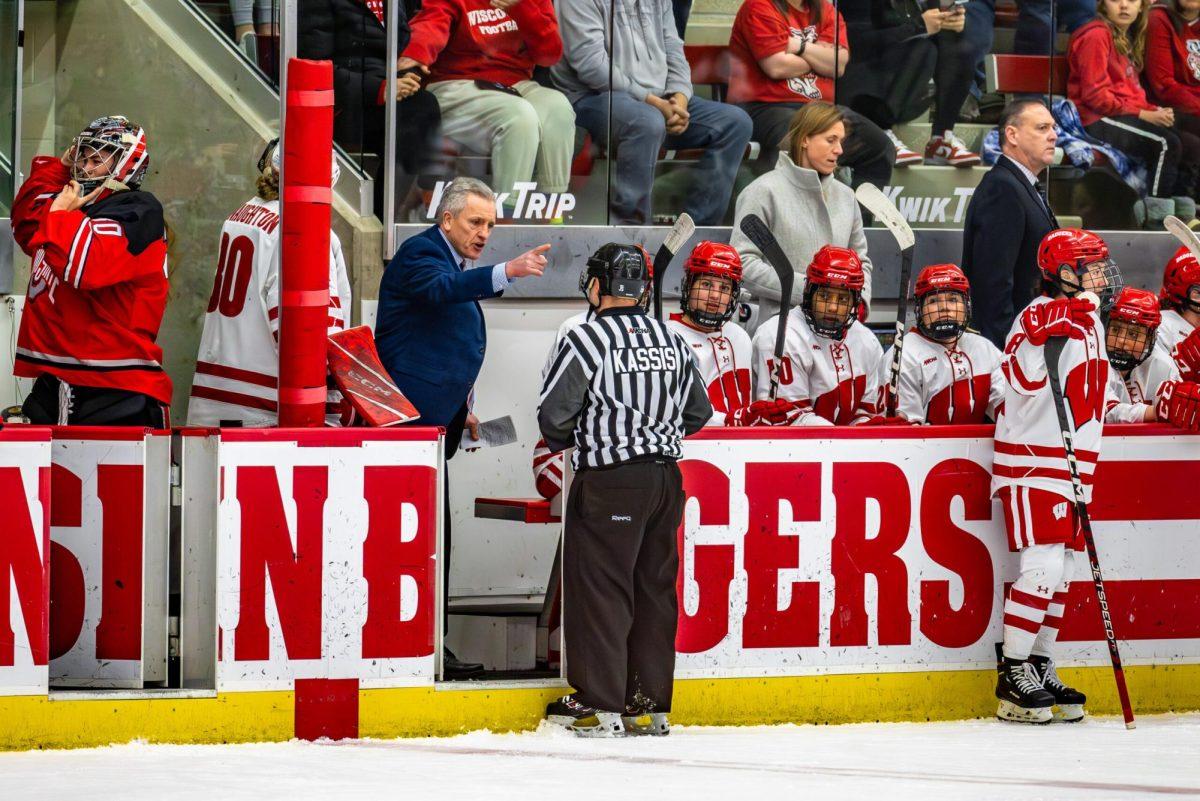Though high-risk drinking continues to be a problem at UW-Madison, there has never been more productive and energetic discussion of the issue in this community as there is currently.
The recent exchange has been sparked by a new report drafted by a subcommittee of the Alcohol License Review Committee (ALRC). The full committee will discuss the report April 25 and likely pass it to the Madison Common Council for possible action.
Many of the proposals in the subcommittee’s report, gleaned from extensive listening sessions, merit serious consideration. Recent coverage in the student media has included thoughtful and spirited discussion of the recommendations.
The RWJ Project, a campus-community partnership working to reduce high-risk drinking and its consequences, believes two of the ALRC’s ideas are crucial to improving the environment around alcohol in the campus community:
We believe that there must be more viable alternatives to drinking. Students want live music provided in adult venues. Many students are under the legal age for drinking. The city and university should promote venues that will offer all-age music and dance opportunities for students.
And we’re working on it. A new agreement with the Regent Street Retreat will increase the amount of all-ages entertainment in the Annex. Likewise, the university’s partnership with Luther’s Blues continues to show success with record numbers of first- and second-year students attending alcohol-free band nights. Providing a variety of social and recreational alternatives to drinking is essential.
We believe that drink specials lead to over-consumption of alcohol. Research and common sense show that providing large quantities of alcohol at reduced prices leads to increased drinking, which ultimately leads to problems. The project supports a proposed ordinance to eliminate drink specials after 8 p.m.
We are not prohibitionists. But we’re working for change because we know of the negative impact high-risk drinking has on our campus and community.
Those who binge drink hurt themselves, some with poor academic performance, and some so badly they end up in detox. Some who end up in detox arrive with life-threatening blood-alcohol levels.
What’s worse, students who binge drink also hurt others. The recently released 2001 College Alcohol Survey, conducted by the Harvard School of Public Health, shows, for instance, that 69 percent of UW-Madison students experienced drinking-related sleep or study interruptions and 19 percent had been “pushed, hit or assaulted” by a student who had been drinking. Similarly, 35 percent experienced an unwanted sexual advance. Many sexual assaults involve alcohol.
Some would rather argue about the definition of the problem instead of working for solutions. Others argue for a theory called social norming, which is the practice of publishing statistics about actual student-drinking prevalence (which is usually lower than the perceived prevalence) in an effort to bring student drinking down to the norm.
Social norming is not a magic-bullet solution. Though a few campuses have reported success using this method, prevention specialists are waiting to see peer-reviewed research. And those who do use social-norming strategies do so in combination with other initiatives, such as policy change. We’re all for that.
Some say that “responsible drinking” is the solution to the problem of high-risk drinking. We believe that individuals must be held accountable for their actions. But if we are truly dedicated to prevention, we must consider our collective, community responsibility to address the problem and change the environment in which high-risk drinking thrives.
Long-term change of student-drinking patterns will require a variety of strategies — no one approach holds the answer.
A combination of viable social and recreational alternatives to drinking, education of students about the risks of excessive drinking, licensing and capacity enforcement, responsible beverage-service training for bar employees and policy that regulates access to cheap and plentiful alcohol are all necessary components of a successful long-term strategy.
Susan Crowley is the director of the UW-Madison RWJ Project and can be reached at [email protected]. Aaron Brower is the principle investigator at the RWJ Project and can be reached at [email protected].














